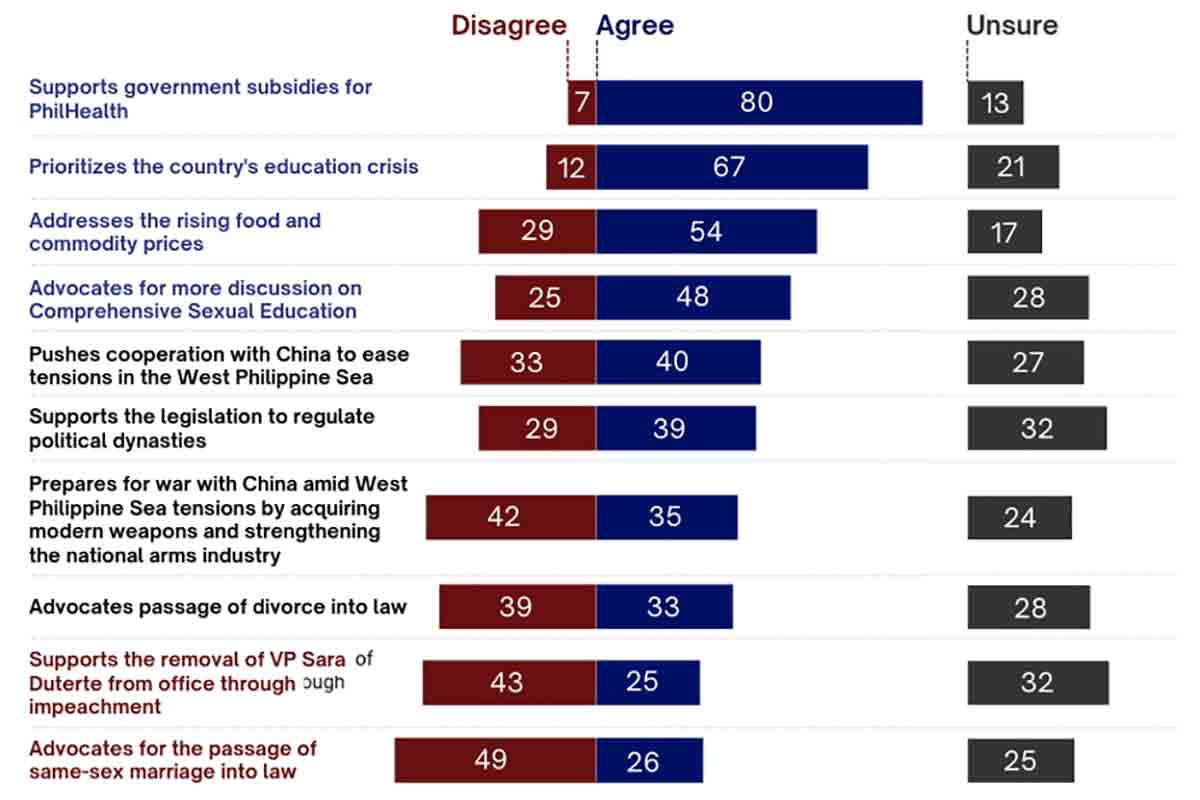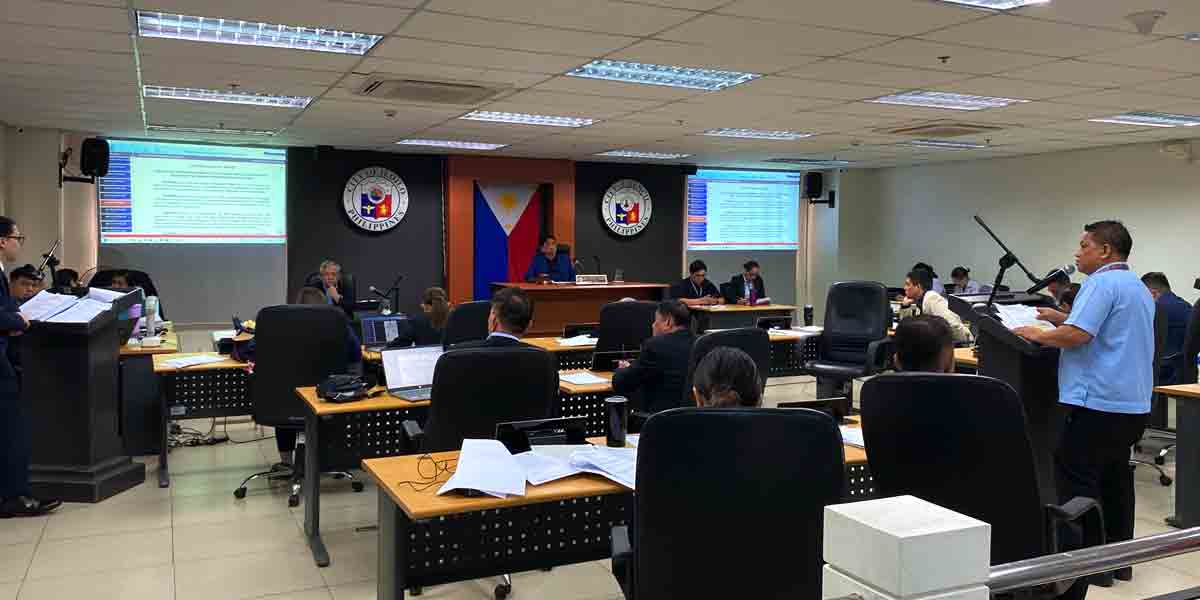 By Atty. Eduardo T. Reyes III
By Atty. Eduardo T. Reyes III
As a rule, there is no escaping the legal consequences of a contract. But given that we are in a pandemic, would that be a justifiable reason to walk away from a contract?
Article 1159 of the New Civil Code articulates the rule on the binding effect of contracts. It states that “Obligations arising from contracts have the force of law between the contracting parties and should be complied with in good faith”. Parties to a contract are bound by law therefore to honor their commitments as may have been stipulated in the same.
Most contracts are considered “reciprocal in nature”- meaning, that the obligatory force of one party’s undertaking arises from the other. It is like a legal seesaw. “Reciprocal obligations are those which arise from the same cause, and in which each party is a debtor and a creditor of the other, such that the obligation of one is dependent upon the obligation of the other. They are to be performed simultaneously such that the performance of one is conditioned upon the simultaneous fulfillment of the other”. (Heirs of Mary Lane R. Kim, represented by Kim Sung II, Janice Kim and Billielyn Shafer v. Jasper Jason M. Quicho joined by his wife, G.R. No. 249247. March 15, 2021 [Date Uploaded on SC website: 9/13/2021]).
Rescission
So when one party reneges on his/ her undertaking, the other becomes entitled to ask for rescission. “The right of rescission of a party to an obligation under Article 1191 of the Civil Code is predicated on a breach of faith by the other party who violates the reciprocity between them. The breach contemplated in the said provision is the obligor’s failure to comply with an existing obligation. When the obligor cannot comply with what is incumbent upon [him or her], the obligee may seek rescission and, in the absence of any just cause for the court to determine the period of compliance, the court shall decree the rescission.(Camp John Hay Development Corporation v. Charter Chemical and Coating Corporation, G.R. No. 198849. August 7, 2019). “This provision refers to rescission applicable to reciprocal obligations. It is invoked when there is noncompliance by one (1) of the contracting parties in case of reciprocal obligations. X x x Rescission under Article 1191 will be ordered when a party to a contract fails to comply with his or her obligation. Rescission “is a principal action that is immediately available to the party at the time that the reciprocal [obligation] was breached.” (Heirs of Mary Lane R. Kim, Ibid.).
When rescission is ordered, it is as if
The contract is void
“ Rescission of the obligation under Article 1191 is a declaration that a contract is void at its inception. Its effect is to restore the parties to their original position, insofar as practicable. Mutual restitution is required in cases involving rescission under Article 1191. “Where a contract is rescinded, it is the duty of the court to require both parties to surrender that which they have respectively received and to place each other as far as practicable in his original situation[;] the rescission has the effect of abrogating the contract in all parts. ”. (Heirs of Mary Lane R. Kim, Ibid.).
But when rescission is decreed by the court, does it mean that the parties to the contract can just turn away without any corresponding obligations anymore?
Not so fast, according to the ruling in “Camp John Jay Development Corporation v. Charter Chemical and Coating Corporation ( Camp John Hay), where it was clarified that “[a]lthough rescission repeals the contract from its inception, it does not disregard all the consequences that the contract has created. One such consequence that remains is the validity of the forfeiture or penalty clause stipulated by the parties in a contract.”
If the contract has a built-in “penalty clause”, despite the rescission, the party who is at fault must still pay the penalty. “In this accord, the Court, in Laperal and Filipinas Golf & Country Club Inc., v. Solid Homes, Inc., et al., (Laperal) recognized the validity of a forfeiture or penalty clause which the parties stipulated in a contract that was eventually rescinded. It is well to note that rescission under Article 1191 of the Civil Code gives the injured party two (2) remedies: first, exact fulfillment; and second, rescind the contract, with payment of damages in either case. ”. (Heirs of Mary Lane R. Kim, Ibid.).
Earnest money
In contracts to sell or contracts of sale where a down payment and some installments are given because the payment of the price is in installments but the buyer is unable to complete the payment, jurisprudence also teaches that the seller can forfeit the same by way of penalty.“Moreso, the payments made partake of the nature of an earnest money. Earnest money, under Article 1482 of the Civil Code, is ordinarily given in a perfected contract of sale. However, earnest money may also be given in a contract to sell. In a contract to sell, earnest money is generally intended to compensate the seller for the opportunity cost of not looking for any other buyers. It is a show of commitment on the part of the party who intimates his or her willingness to go through with the sale after a specified period or upon compliance with the conditions stated in the contract to sell.”
Opportunity cost
The penalty clause may also be treated as indemnity for lost opportunity or “opportunity cost”. “Opportunity cost is defined as “the cost of the foregone alternative”. In a potential sale, the seller reserves the property for a potential buyer and foregoes the alternative of searching for other offers. This Court, in Philippine National Bank v. Court of Appeals, construed earnest money given in a contract to sell as “consideration for [seller’s] promise to reserve the subject property for [the buyer]”. The seller, “in excluding all other prospective buyers from bidding for the subject property … [has given] up what may have been more lucrative offers or better deals”. “Earnest money, therefore, is paid for the seller’s benefit. It is part of the purchase price while at the same time proof of commitment by the potential buyer. Absent proof of a clear agreement to the contrary, it is intended to be forfeited if the sale does not happen without the seller’s fault. For this reason, the Court, in Racelis v. Javier, ruled that “[t]here is no unjust enrichment on the part of the seller should the initial payment be deemed forfeited. After all, the owner could have found other offers or a better deal. The earnest money given by respondents is the cost of holding this search in abeyance”. (Heirs of Mary Lane R. Kim, Ibid.).
The legal entanglements of entering into a contract are varied and complex. The pandemic alone is not reason to back out from a contract. In order that the pandemic can constitute as a valid excuse for not performing one’s obligation in a contract, the same must have a direct causal connection with the fulfillment of the contract and that it must constitute as a “fortuitous event”. “Fortuitous events by definition are extraordinary events not foreseeable or avoidable. It is therefore, not enough that the event should not have been foreseen or anticipated, as is commonly believed but it must be one impossible to foresee or to avoid. The mere difficulty to foresee the happening is not impossibility to foresee the same. (ROBERTO C. SICAM and AGENCIA G.R. NO. 159617 de R.C. SICAM, INC. v. LULU V. JORGE and CESAR JORGE, August 8, 2007). And thus the burden of proof is on the party who failed to discharge his/ her obligation.
Before inking that contract therefore, much thought and advice have to be summoned. Because just like with medical illnesses, in the legal realm, prevention is always better than cure.
(The author is the senior partner of ET Reyes III & Associates– a law firm based in Iloilo City. He is a litigation attorney, a law professor and a book author. His website is etriiilaw.com).

























